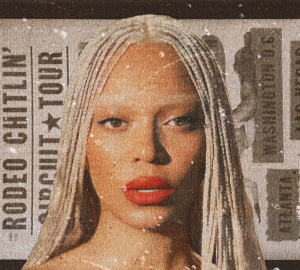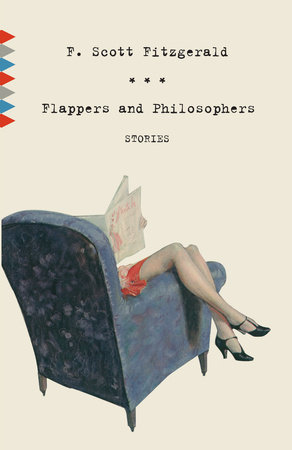Fitzgerald at his best in ‘Flappers and Philosophers’
by Katherine Diaz Villegas
Books have been a part of my life since I was a little girl. In school, I always had to have one in my book-bag, regardless if I read it that day or not — there may or may not be a couple in my bag right now. However, the amount of time I have to read has diminished while in college. I only have time for the books assigned to me, but never ones by my favorite authors or the latest bestseller. In one of my first fiction classes at SCAD, I was introduced to the idea of a book that contained a collection of short stories all completely different from one another, in other words, an anthology. It was the perfect situation for me as I still felt like I was fulfilling my reading goals, but at a slower pace; especially because I’m the type of person that has to sit down and read the whole book in a day.
The next book I sought out that followed this formula is “Flappers and Philosophers” by F. Scott Fitzgerald. It was his debut story collection and published in 1920 right after “This Side of Paradise.” It contains eight stories, each more bizarre — or more ordinary — than the next, but with Fitzgerald’s well-known dynamic and spoiled type of characters. Here, you’ll find a range from pirates to heiresses, to balmy summers in Georgia. Each story is only about 40 pages or so — it’s the perfect companion for a short trip or to read in-between classes and work.
My favorite story of the bunch is “The Offshore Pirate.” It’s the first story of the collection, and is definitely one of the best. It’s a spin-off to a classic romance. The headstrong but spoiled Ardita is quite bored and only finds joy in thrilling storytelling — she’s only quiet and calm when she’s reading a book. Otherwise, she’s running amok and not letting anyone get a word in before she interrupts. After her uncle attempts to force her to go to a dinner to meet with a suitor, Ardita decides to live as a flapper and runs away with pirates. It’s her first time being independent, but no amount of hard work or difficulty entice her to going back to her family. The ending, however, had an unexpected twist that made me laugh and tear up at the same time.
I adore reading Fitzgerald’s work, not only because he’s who he is, but because his work always turns out to be so unexpected. It’s a journey that readers can take and know that they will be in for a surprise. His female characters are also very headstrong and independent during a time when that was looked down on. It’s interesting to read a book from almost 100 years ago and see similarities in the story or relate to the characters.



























